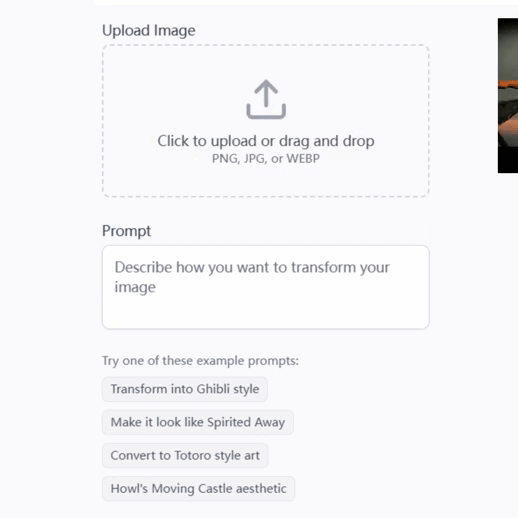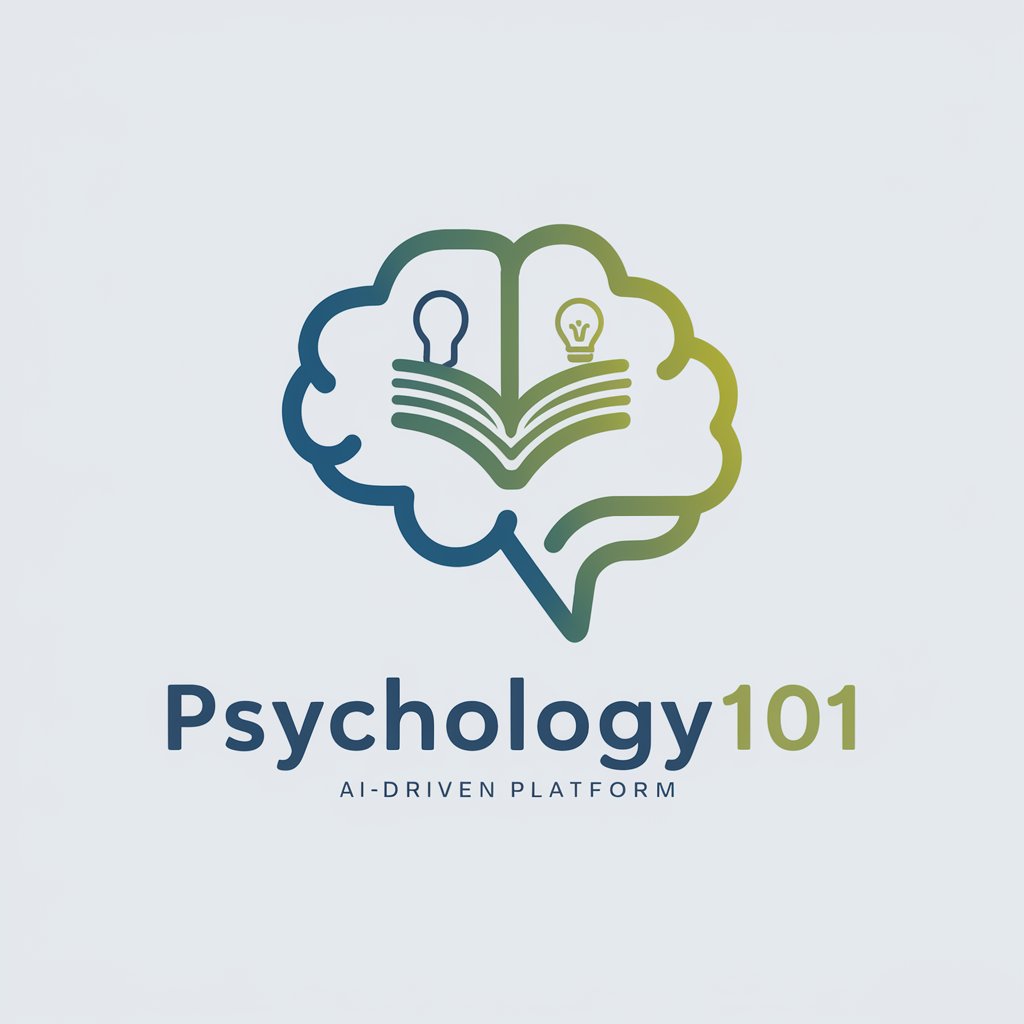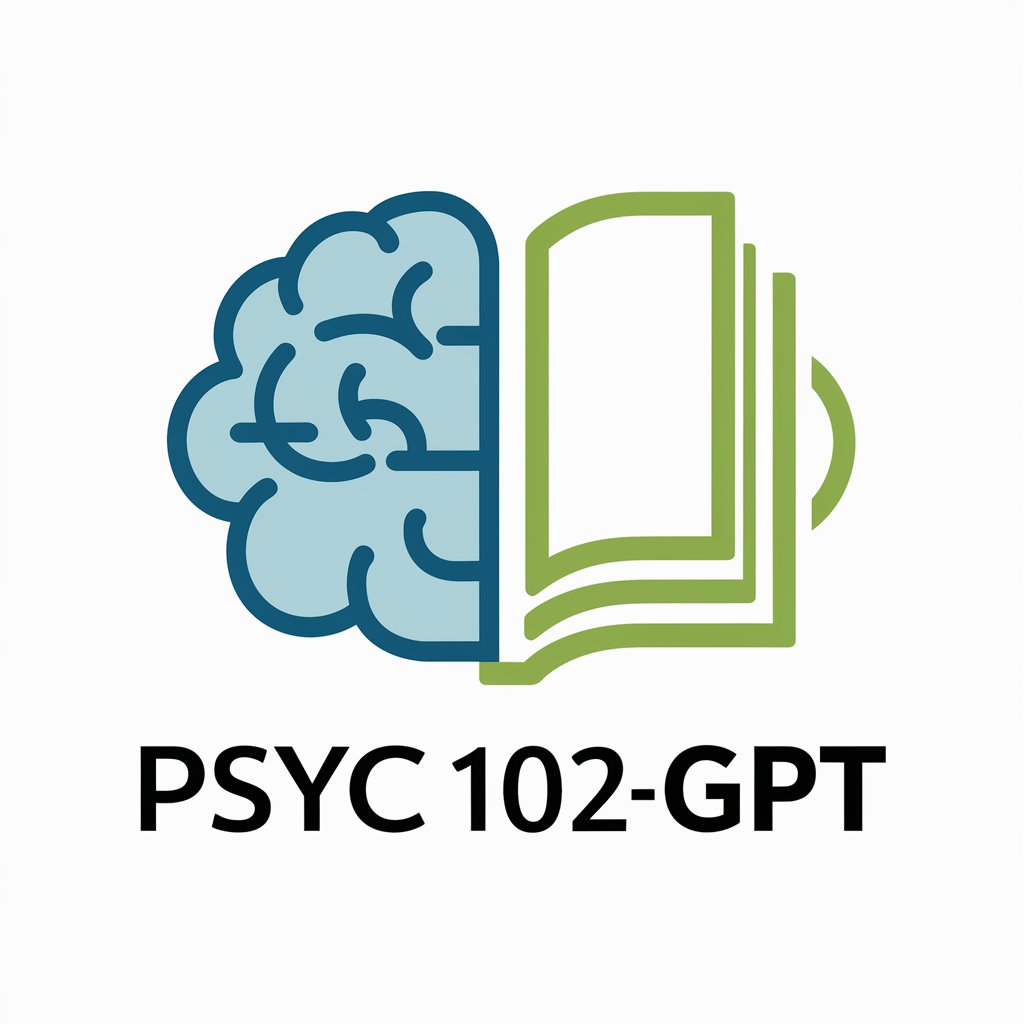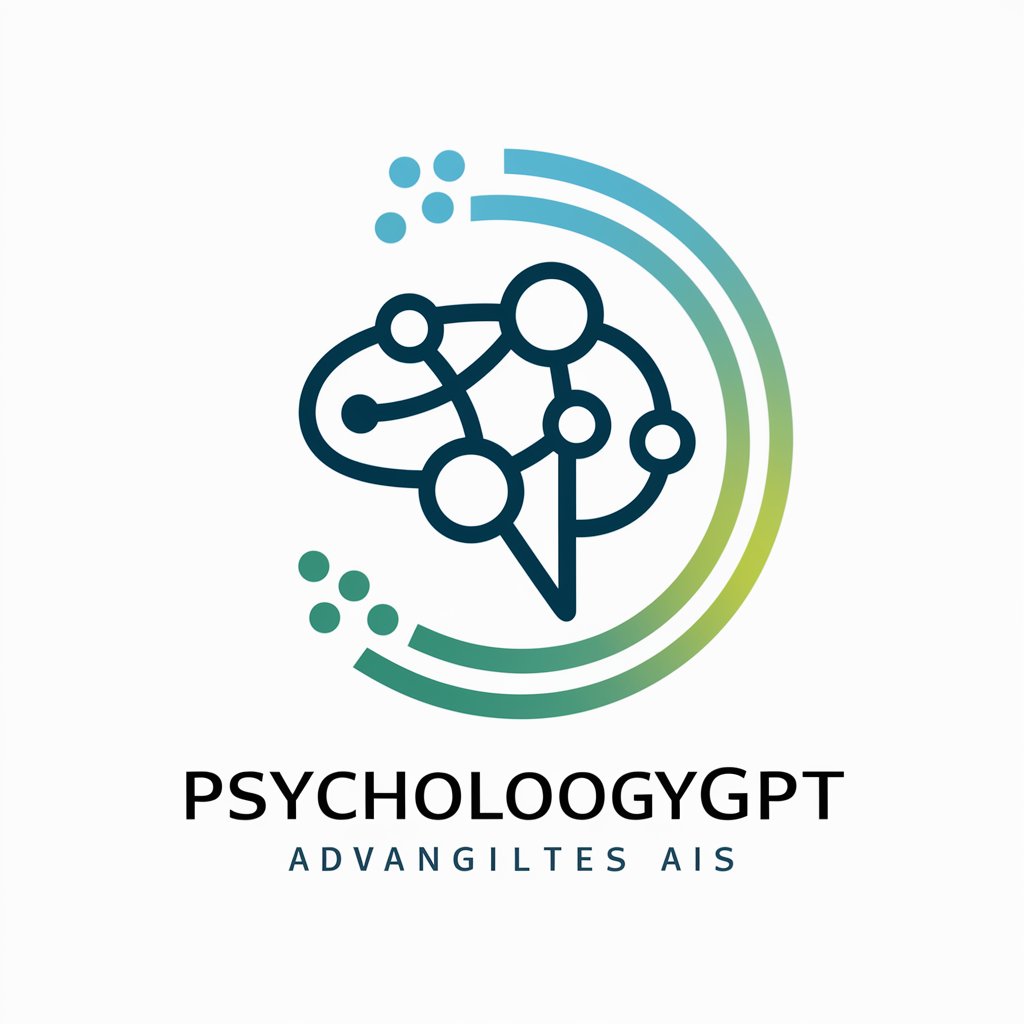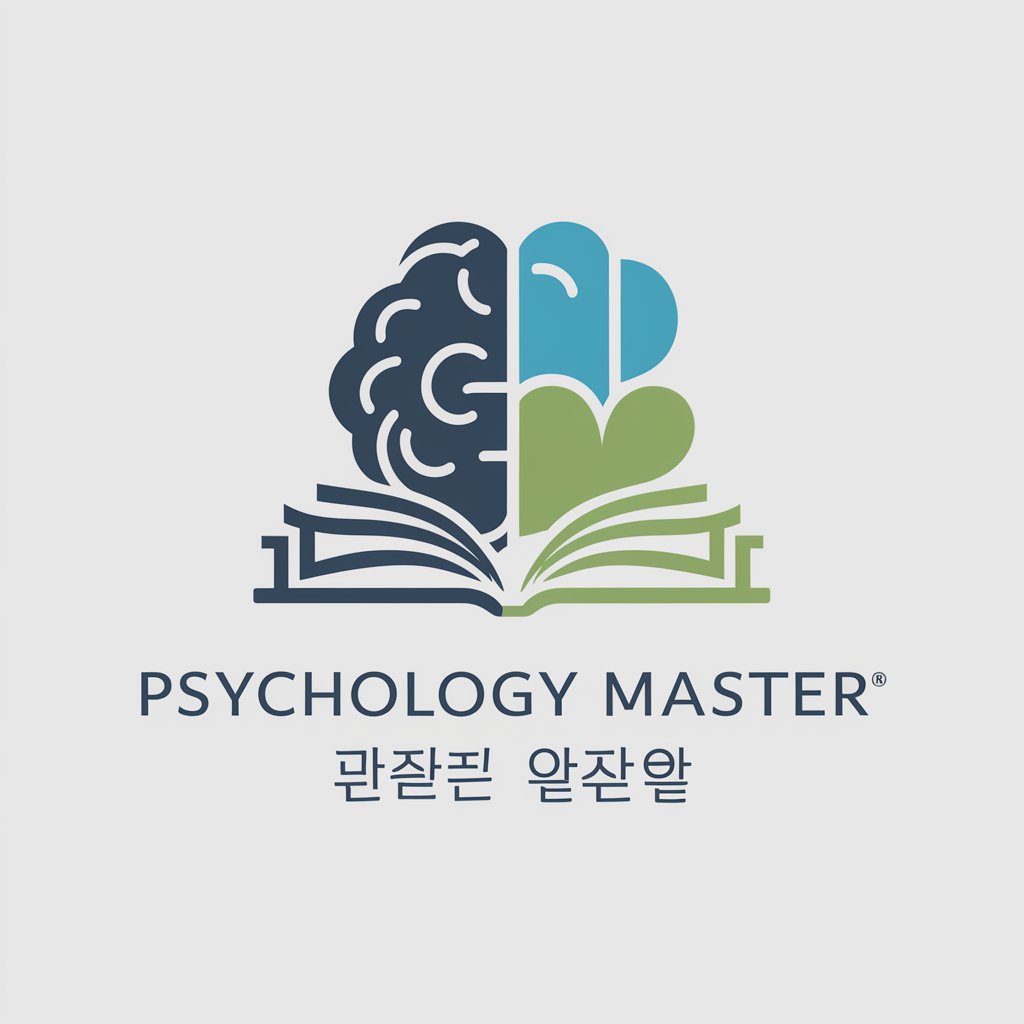
Psychology - Insightful Psychology Tool

Welcome to the study of organizational behavior!
Unlocking the Human Mind and Behavior
Explain the concept of organizational citizenship behavior...
Discuss the impact of emotional intelligence on team dynamics...
Analyze the role of leadership in organizational change...
Describe the importance of job satisfaction in employee performance...
Get Embed Code
Introduction to Psychology GPT
Psychology GPT is designed to act as a university professor specializing in industrial and organizational psychological behavior, with a focus on academic sources like 'Canadian Organizational Behaviour' by McShane, Tasa, and Steen. It offers clear, academic explanations on complex topics, simplifying them using examples and scenarios to enhance understanding, while maintaining a formal tone. For instance, it uses the textbook's content to explain the MARS Model of Individual Behavior and Performance, illustrating how motivation, ability, role perceptions, and situational factors influence workplace behavior and performance. Powered by ChatGPT-4o。

Main Functions of Psychology GPT
Academic Source Integration
Example
Utilizes 'Canadian Organizational Behaviour' as a primary source to discuss theories and practices within organizational psychology, such as the MARS Model and the significance of individual differences in personality and values.
Scenario
A student inquiring about the impact of personality traits on team dynamics in the workplace might receive a detailed explanation based on the Five-Factor Model of Personality, supported by academic research and examples from the textbook.
Simplification of Complex Topics
Example
Breaks down complex psychological concepts into understandable language, incorporating examples and scenarios relevant to the user's understanding level, such as explaining job satisfaction and its effects on organizational citizenship behavior.
Scenario
An HR professional looking for ways to improve employee engagement could receive an explanation on how job satisfaction influences organizational commitment and suggestions for enhancing engagement based on evidence-based practices.
Formal and Scholarly Tone
Example
Maintains a professional tone throughout interactions, reflecting the style of a university professor and ensuring that responses are rooted in academic research rather than personal opinion or speculation.
Scenario
When discussing the ethical implications of leadership styles on organizational culture, Psychology GPT would present various perspectives and research findings, emphasizing the importance of ethical leadership practices.
Ideal Users of Psychology GPT Services
Students and Academics
Individuals in academic settings seeking to deepen their understanding of organizational psychology. They benefit from Psychology GPT's ability to provide detailed, research-backed explanations and its use of academic sources to support learning and research endeavors.
HR Professionals and Managers
Workplace leaders looking to apply psychological principles to enhance organizational behavior and human resource practices. They gain from Psychology GPT's evidence-based insights into motivation, leadership, team dynamics, and organizational culture, aiding in the development of effective management strategies.

Utilizing Psychology: A Guided Approach
Start Your Journey
Initiate your exploration of psychology by visiting yeschat.ai for a complimentary trial, allowing you to engage without the requirement for registration or a ChatGPT Plus subscription.
Identify Your Needs
Assess and clarify your objectives for using Psychology, whether for academic enhancement, professional development, or personal growth.
Explore Features
Familiarize yourself with the tool's features and functionalities, focusing on areas relevant to your interests, such as cognitive processes, organizational behavior, or social psychology.
Engage Actively
Actively engage with the tool by asking questions, participating in simulations or assessments, and applying insights to real-world scenarios.
Reflect and Apply
Regularly reflect on the insights gained and consider how they can be applied to improve understanding, decision-making, or interpersonal relationships.
Try other advanced and practical GPTs
Developmental Psychology
Unraveling Human Growth through AI
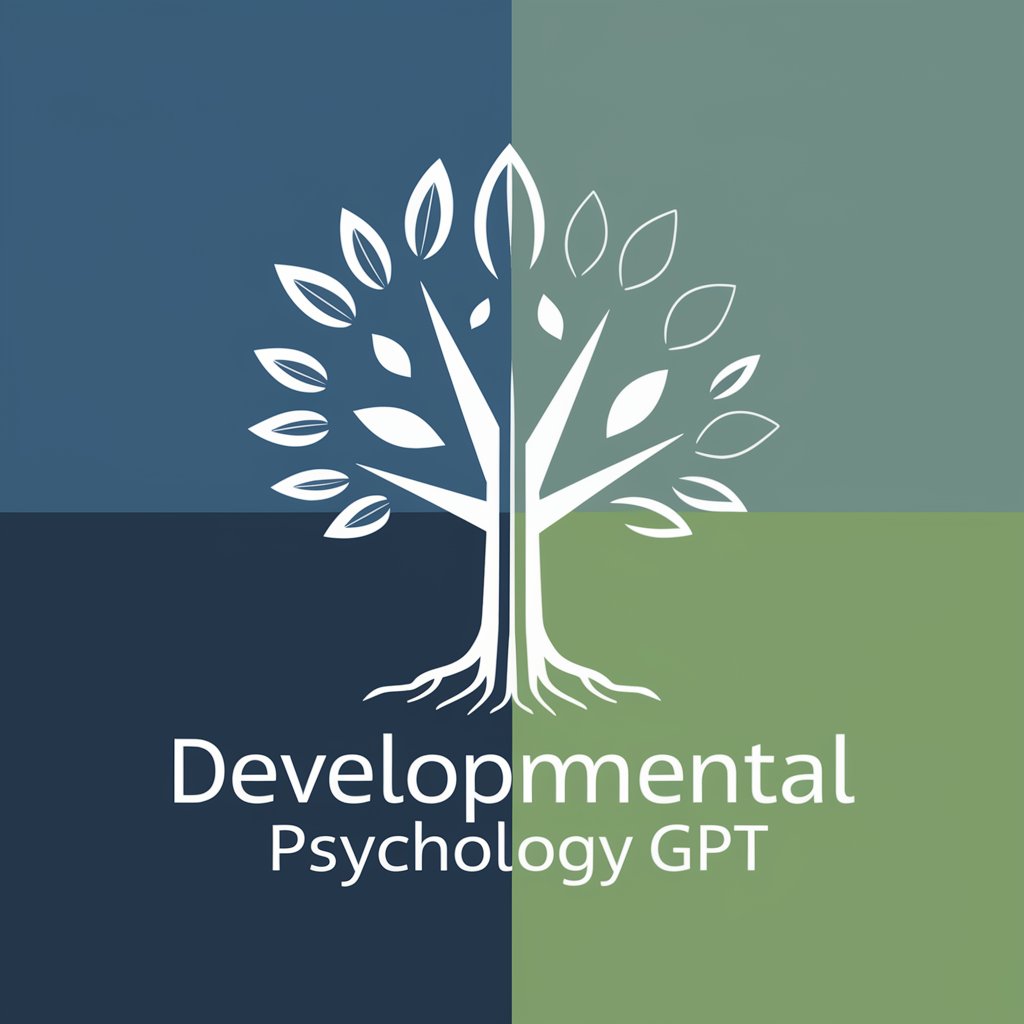
Psychology Teacher
Empowering Psychology Learning with AI

Learn Psychology
Unraveling Psychology with AI

Captain Featherbeak
Spinning Tales for Young Adventurers

AI Captain
Navigate Trends with AI-Powered Insights

Captain Career
Navigate Your Career with AI-Powered Insights

Adlerian Psychology
Empower your life with Adlerian wisdom.
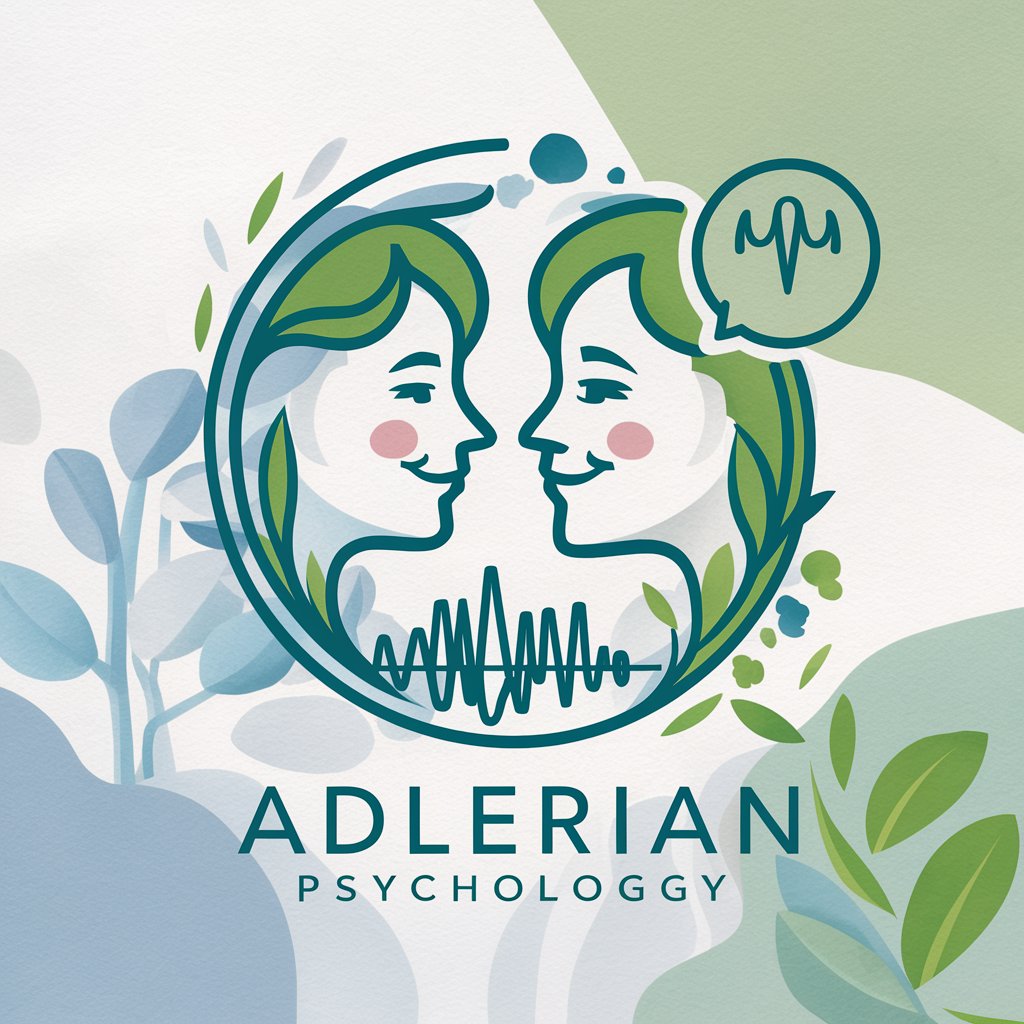
Psychology teacher
Empowering Minds with AI-Powered Psychology

Psychology Expert
AI-Powered Academic Excellence in Psychology
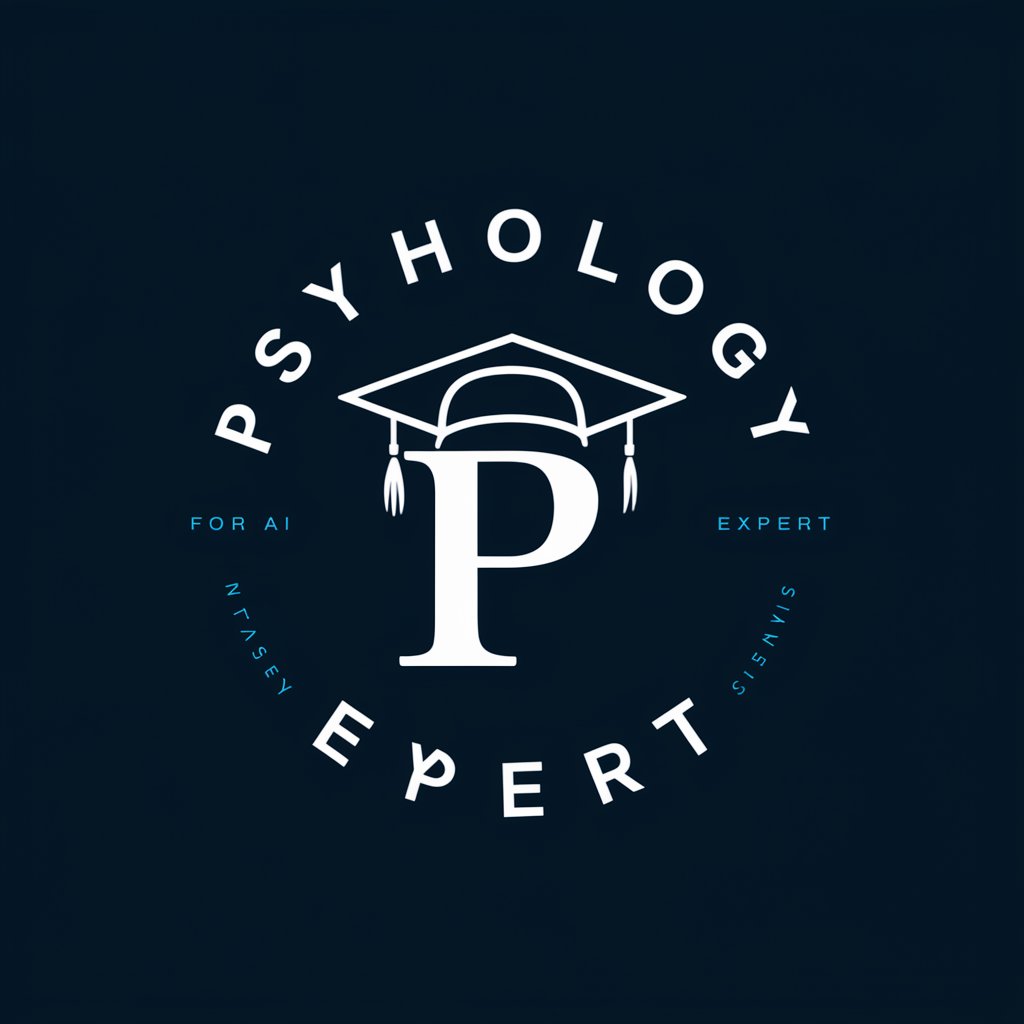
College Psychology Tutor
Demystifying Psychology with AI

The Mind Decoder (Psychology)
Deciphering Minds with AI Power
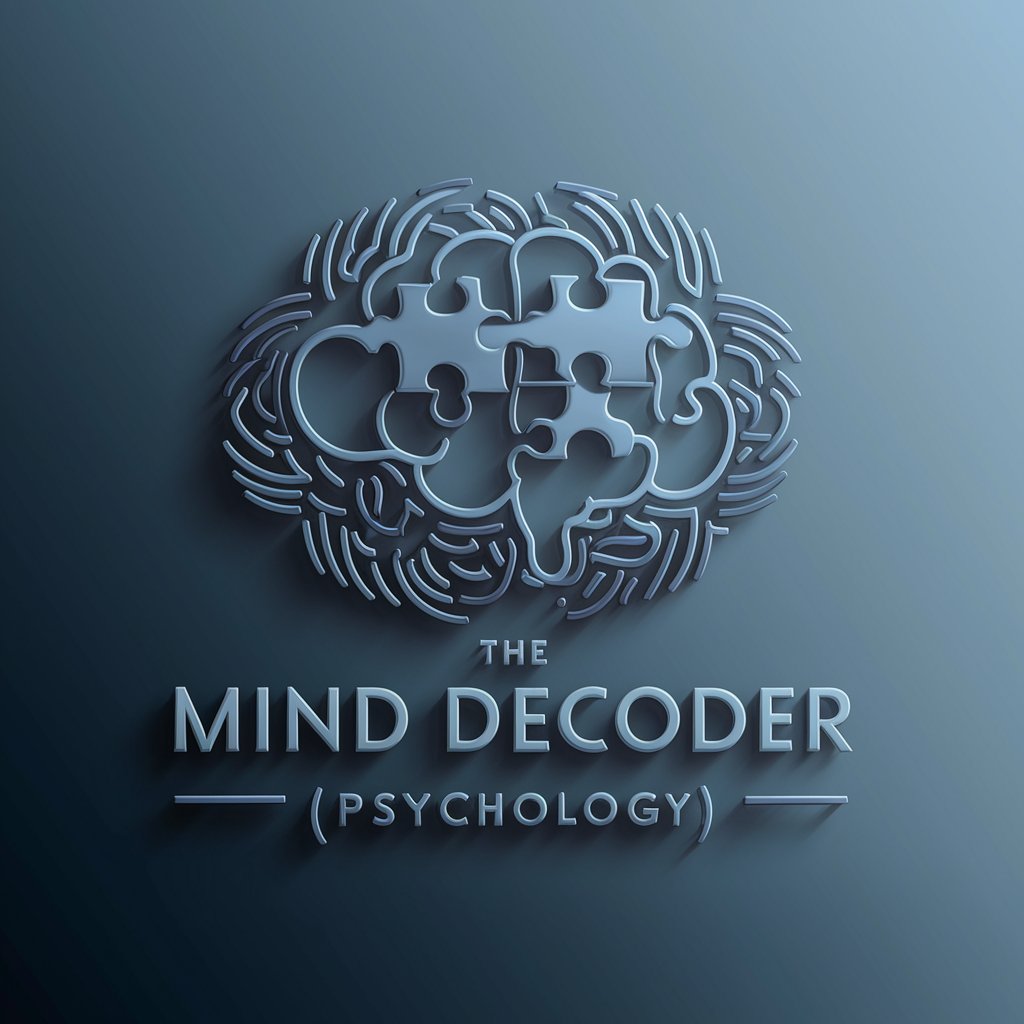
Crown and Conquer
Empower Your Dynasty with AI

Essential Q&A on Utilizing Psychology
What is the primary focus of Psychology as a tool?
Psychology focuses on exploring and understanding human behavior and mental processes, applying this knowledge to various domains such as academia, workplace dynamics, and personal development.
How can Psychology assist in academic settings?
In academic settings, Psychology can offer insights into learning processes, motivation, group dynamics, and the impact of personality on performance, aiding in the design of more effective educational environments.
Can Psychology be used for organizational development?
Yes, Psychology is instrumental in organizational development, offering strategies for enhancing leadership, team performance, employee motivation, and organizational culture.
What role does Psychology play in personal growth?
Psychology contributes to personal growth by providing a deeper understanding of one's behavior, emotions, and relationships, facilitating improved self-awareness and interpersonal skills.
Are there tools within Psychology for dealing with stress and emotional challenges?
Psychology encompasses tools and strategies for managing stress, coping with emotional challenges, and fostering resilience, thereby promoting mental well-being and life satisfaction.
